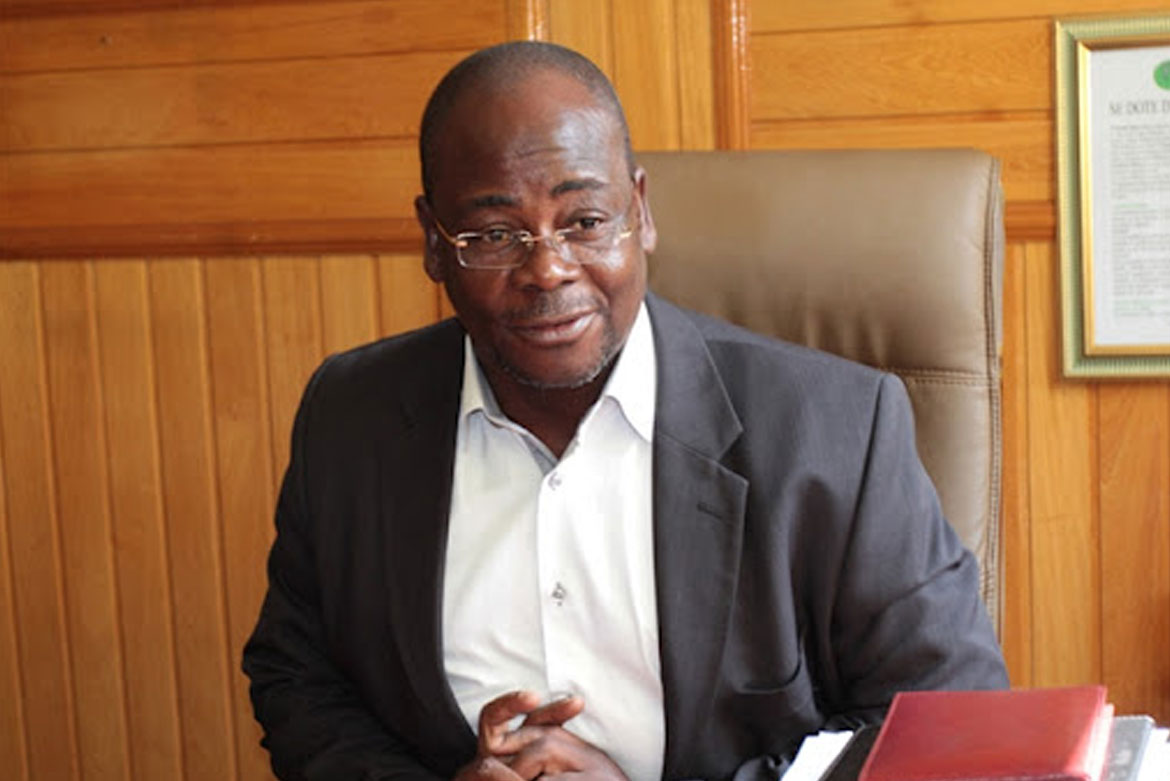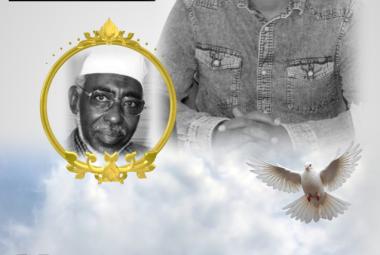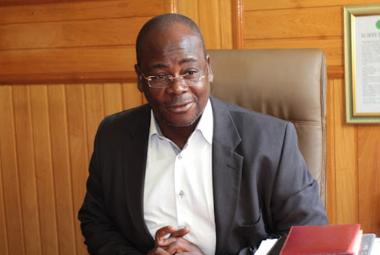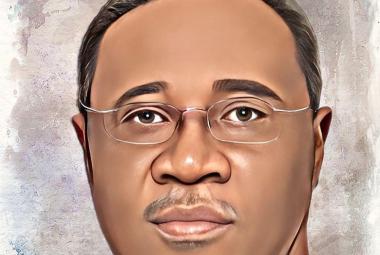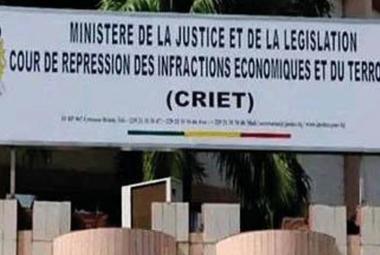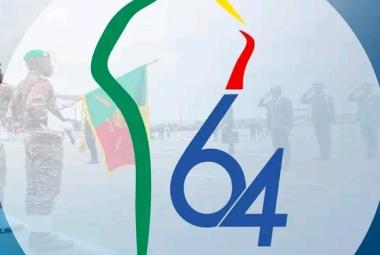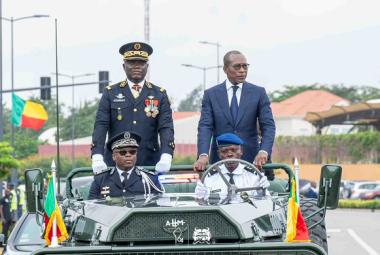Between Africans from Africa and Afro-descendants, especially those who descend from Africans taken to the Americas and the Caribbean as slaves during past centuries, there is a great unease, to say the least. While many American and Caribbean Afro-descendant intellectuals claim their "Africanness", the vast majority of them do not want to be confused with Africans at all. Especially when they meet in Europe and the United States. These Afro-descendants would blame Africans for being the descendants of those who sold their ancestors to them, for never having apologized for what their ancestors did, and for having remained "savages", while they had become "civilized". The story goes that when the Black American boxer Cassius Clay aka Mohamed Ali came to the former Zaire (now the Democratic Republic of Congo) to fight his boxing match against his compatriot Georges Foreman, he was so disappointed to see the broken streets of Kinshasa and all the poverty in which the people lived that he said: "all things considered, our ancestors were not wrong to let themselves be taken on boats to America." The French West Indians say that even if their ancestors were slaves, they are today citizens of a developed country which is France, which places them above the Africans who come from very poor and still "backward" countries. During colonization, there were Black governors from the West Indies. This is why it is said that in France, it is better for an African to be checked by a customs officer or a white policeman rather than by a Black person from the West Indies. The first is the one who could be the most understanding towards the African.
The relationship between Africans and the slave trade is quite strange, in my opinion. For us, it is a non-event. Nowhere or almost, do we commemorate it. We don’t even talk about it. Neither in our history books, nor in the speeches of our politicians. In Benin, in Ouidah more precisely, one of the great bourgeois families of the city is that of an Afro-Brazilian descendant of a slave who returned to settle in the city to engage in the slave trade. No one has ever reproached this man and his descendants do not suffer any opprobrium because of the activities of their ancestor. I speak of slave trades in the plural because there was that of the Arabs which continues to this day, and that of the Europeans. We know much more about that of the Europeans, but we never talk about that of the Arabs. No doubt because the Europeans expressed regrets and apologized on several occasions. The Arabs, no, never. Worse, some of them continue to practice it, and that does not prevent us from sitting with them in international organizations. The slave trade concerned almost all the countries of sub-Saharan Africa and most of our coastal states have places from which slaves were embarked for one-way voyages. There are some in Ivory Coast. Precisely in Sassandra. How many Ivorians know this place? In what state is it? That is not our concern. To my knowledge, for a long time, only Senegal maintained the place where slaves were stored on the island of Gorée before being embarked for the Americas. In recent years, Benin has followed in Senegal’s footsteps by organizing ceremonies commemorating this dark page of our common history. This country has just gone even further by voting a law that offers nationality to the descendants of former slaves who left Africa, regardless of where on the continent they left from. I personally welcome this initiative from Benin, which will contribute, I am certain, to reconciling us more with these Africans on the other side of the sea and with our history. For reasons that I find very difficult to explain, many Africans have decided to erase their history, especially that of before their encounter with the European. Thus, in Ivory Coast, the few monuments that we have preserved are generally those that the colonizer had erected to celebrate his people. Thus our war memorials are those of the dead of the wars of 1914-1918 and 1939-1945. And those of ours who fell during the slave trade, during what was called "pacification", during colonization, during the struggle for independence, during our own wars like those of September 2002 and 2011? No, nothing. Non-events.
These Afro-descendants are a part of ourselves. Knowing our history will allow us to know them better, and reconciling ourselves definitively with them would consist in reuniting the members of the same family. And they could contribute a lot to this famous development that we seek for our continent.
By Venance Konan
*This article has been translated from French into English by Marcus Boni Teiga



